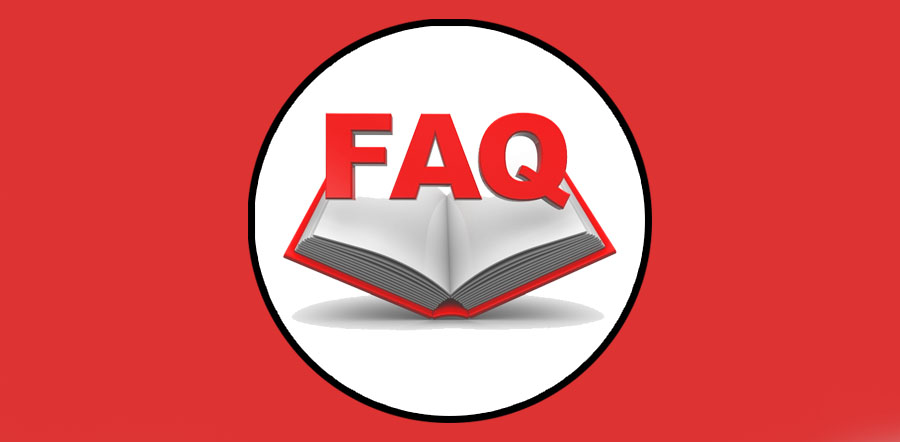PSPO-I
Guaranteed Success in PSPO-I Exam
| PSPO-I Exam Dumps PDF + Practice Test | |||
| Exam: | PSPO-I | ||
| Exam Name: | Scrum Professional Scrum Product Owner I Exam | ||
| Certification(s): | Professional Scrum Product Owner | ||
| Questions: | 171 Questions Answers | ||
| Last Updated: | Feb 15,2025 | ||
| Price: | Was: $85 Today: $59 | ||
Check Free Demo Before Buy
$ 99.00 Original price was: $99.00. $ 49.00 Current price is: $49.00.
“The PSPO-I practice test is something that You’re looking for a very long time is here !”
Pass your Scrum PSPO-I Exam with the Latest QuizDumps PSPO-I PDF Questions and Answers. QuizDumps provides [Authentic , Updated and Real] PSPO-I Braindumps that are prepared and verified by IT experts. If you want to get high marks then start your preparation now with QuizDumps Study Material.
1: Download Q&A PDF
You can easily download the PSPO-I Questions Answers PDF file for the preparation of Professional Scrum Product Owner I Exam and it is especially designed for Scrum PSPO-I exam and QuizDumps prepared a list of questions that would be asked in the real PSPO-I exam.
2: Prepare Questions Answers
Use QuizDumps's PSPO-I exam dumps PDF and prepare Professional Scrum Product Owner I Exam PSPO-I Questions Answers with 100% confidently. We offer 100% real, updated and verified exam questions and answers tested and prepared by experts to pass Scrum PSPO-I exam.
3: Pass Your Exam
After your preparation for Professional Scrum Product Owner I Exam PSPO-I exam by using QuizDumps's exam material kit you will be ready to attempt all the PSPO-I questions confidently which will make 100% guaranteed your success in the first attempt with really good grades.
-
LEED-AP-ND
LEED Certifications
Updated: 2024-11-19 100 Questions -
PCCSE
Prisma Certified Cloud Security Engineer
Updated: 2023-02-06 260 Questions -
300-735
CCNP Security
Updated: 2020-11-18 60 Questions -
APM-001
Associate in Project Management
Updated: 2019-12-17 704 Questions -
PGCES-02
PostgreSQL Certified Engineer
Updated: 2017-12-14 142 Questions -
2V0-72.22
VMware Certified Professional
Updated: 2022-03-14 79 Questions -
CPEH-001
GAQM Certified Ethical Hacker
Updated: 2021-11-11 877 Questions -
DEX-450
Platform Developer I
Updated: 2023-02-10 200 Questions
Main points of Scrum PSPO-I Test
The Scrum Product Owner (PSPO-I) exam from Scrum.org focuses on understanding and applying the Scrum framework effectively as a Product Owner. The main points covered can be grouped into these key areas:
I. Understanding Scrum:
- Scrum Framework: Thorough understanding of the Scrum events (Sprint Planning, Daily Scrum, Sprint Review, Sprint Retrospective), artifacts (Product Backlog, Sprint Backlog, Increment), roles (Product Owner, Scrum Master, Development Team), and values (Commitment, Courage, Focus, Openness, Respect). Know why these elements exist and how they interact.
- Scrum Guide: Familiarity with the Scrum Guide as the definitive source of truth for Scrum. Questions might test your understanding of specific statements and principles within the guide.
- Empirical Process Control: Grasp of the iterative and incremental nature of Scrum, emphasizing adaptation based on inspection and adaptation.
- Scrum Principles: Deep understanding of the underlying principles of Scrum, such as self-organization, collaboration, and emergent design.
II. The Product Owner Role:
- Product Backlog Management: This is a crucial area. You need to know how to create, maintain, and prioritize the Product Backlog using various techniques (e.g., MoSCoW prioritization, value-based prioritization, story points). Understanding backlog refinement and its importance is key.
- Defining Value: Understanding how to define value for the customer and stakeholders, aligning the product backlog with organizational goals.
- Stakeholder Management: Effectively communicating with and managing expectations of various stakeholders.
- Creating User Stories: Writing clear, concise, and valuable user stories that follow INVEST principles (Independent, Negotiable, Valuable, Estimable, Small, Testable).
- Acceptance Criteria: Defining clear acceptance criteria for user stories to ensure the Development Team understands what constitutes "done."
- Release Planning: Participating in release planning activities and understanding how the roadmap aligns with the Product Backlog.
- Working with the Development Team: Collaborating effectively with the Development Team to provide clarity and answer questions regarding the Product Backlog.
III. Beyond the Basics (often less emphasized but still important):
- Dealing with impediments: While primarily the Scrum Master's role, the Product Owner should be aware of impediments and how to escalate them.
- Scaling Scrum: While not deeply covered in PSPO-I, a basic understanding of how Scrum can be scaled (e.g., Scrum of Scrums) is beneficial.
- Different types of work: The Product Owner must understand how to manage different kinds of work, including technical debt, bug fixes, and other non-functional requirements.
- Agile Principles: Understanding the broader Agile principles and how they relate to Scrum.
Exam Format: The exam is multiple-choice and focuses on understanding and application, not rote memorization. Many questions will present scenarios and require you to identify the best Scrum approach.
In summary, the PSPO-I exam emphasizes a deep understanding of the Scrum framework, particularly from the Product Owner's perspective. Mastery of backlog management, stakeholder communication, and value delivery are essential for success. Focus on practical application and understanding the why behind Scrum principles, not just the what .
Comments

